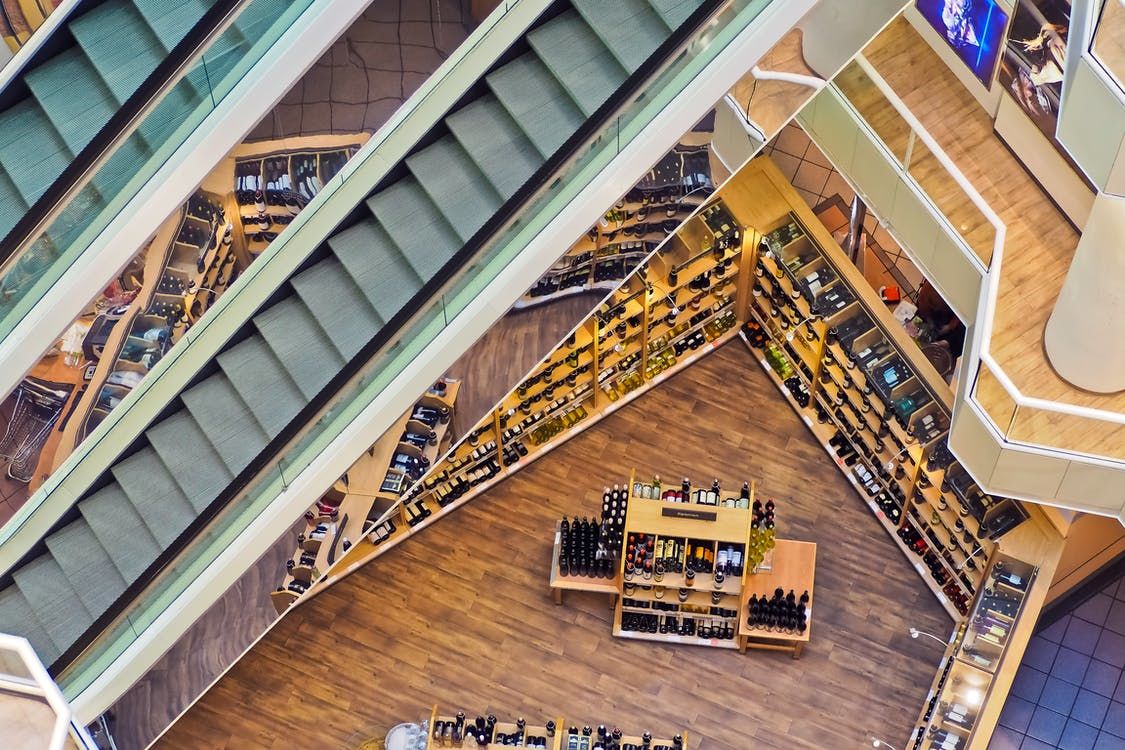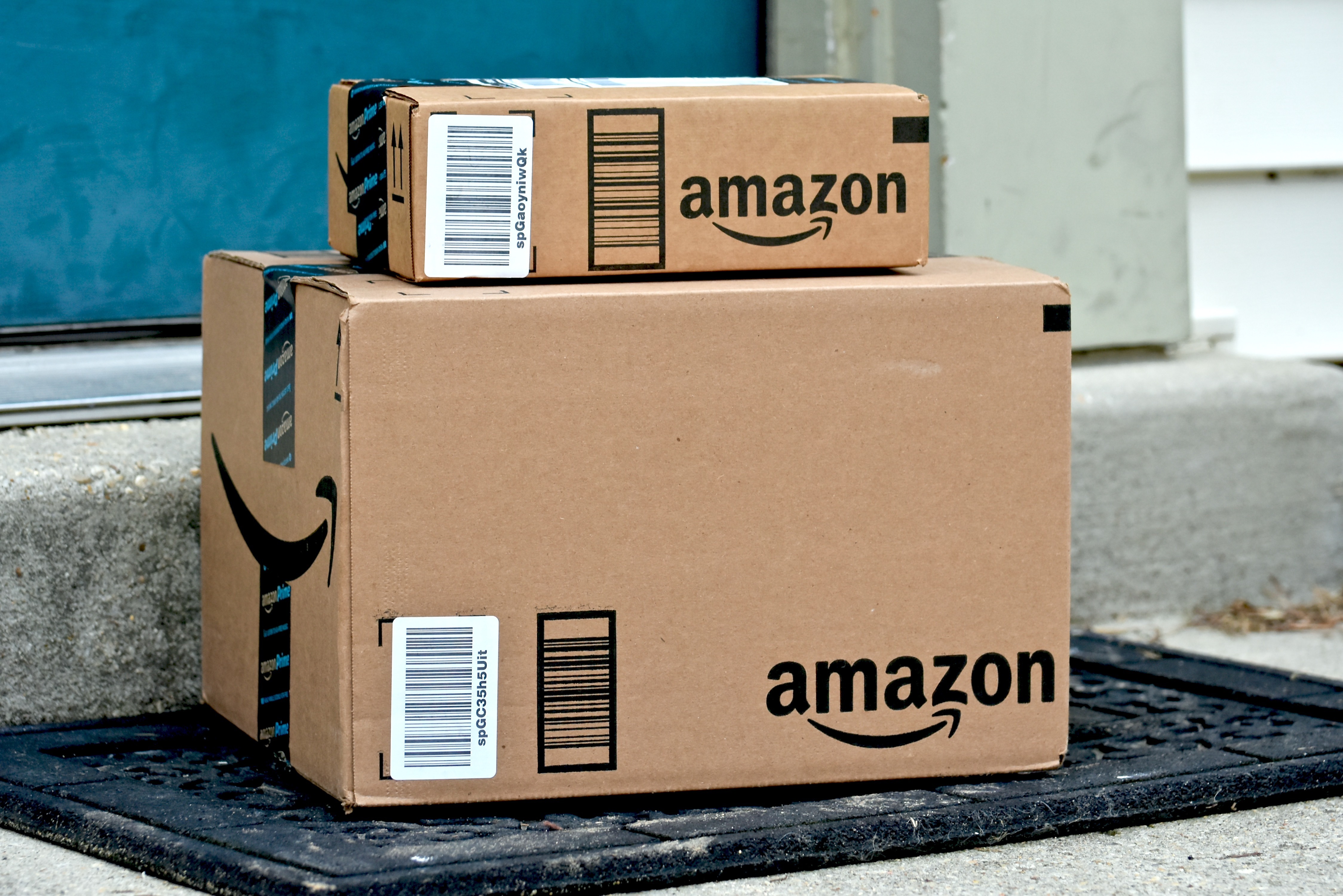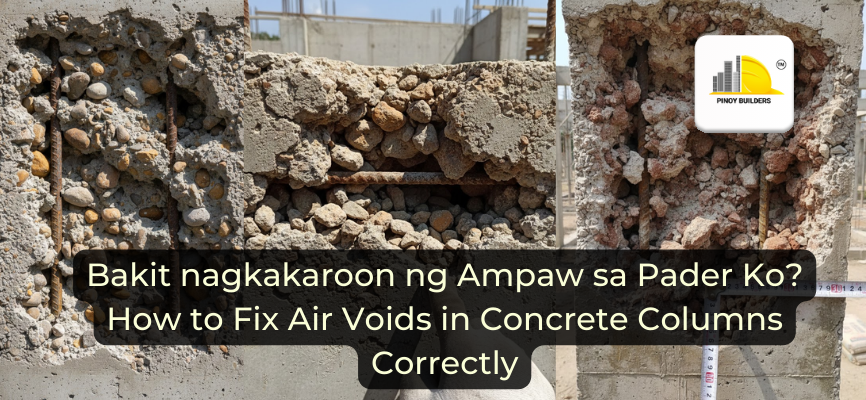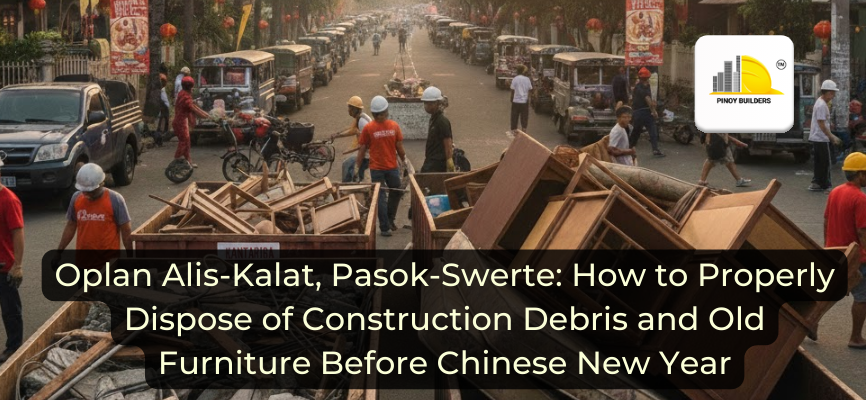With the pandemic establishing a minimal-contact standard operating procedure and the online retail space growing exponentially stronger, the traditional executions of brick-and-mortar stores are no longer enough. Despite the new challenges ahead, one thing the sector can take comfort in is that the consumers’ experiential “try before you buy” shopping behavior is not likely to disappear and will always be necessary.
But now, the definition of an effective physical retail store design is undergoing a major shift. What would make a consumer feel safe and comfortable shopping at physical stores? Retail construction businesses need to adapt quickly, and these are some of the factors needed to consider to evolve with the times.

The BGC Park. People come here for the ambiance, making it a hot spot for retail stores. Photo courtesy of Stay Here.
Integrating safety protocols into design
Almost a year into quarantine, physical retail spaces still incorporate safety measures such as partitions and queue distancing through stopgap executions. Retail constructors need to begin learning how to gracefully embed these into their long-term design DNA. It’s time to forego haphazard plastic covers and opt for sturdy glass partitions for transaction hubs, design social distance-enabling floor plans, explore digital queue management systems and provide attractive touchless alcohol stations, for starters. The goal is to make in-store experiences as safe as they are seamless to enable confidence for shoppers.
Adopting automation technology
Contactless designs are where retail is headed, and physical shopping experiences need to follow suit. According to a study from the Ateneo De Manila University, digital solutions such as contactless payment have become the default for Filipino consumers. This is an opportune time to begin the shift to automated services whenever possible, like self-check out counters, automated sterilization tech, and voice- or gesture-activated solutions. Even post-pandemic, shoppers will likely be hyper aware of stores’ hygiene practices, so constructors must move ahead to address these concerns.
Online shops and digital stores have become the norm during the 2020 pandemic’s first two quarters. It improved the overall adoption rate of e-wallets in the Philippines.
Catering to the psyche of a post-pandemic market
There are still many unknown variables to understanding the pandemic’s long-term effects on shoppers’ behaviors, but one emerging priority is the market’s attention to health and wellness. “This is an opportunity to shift our focus on sustainability and that it is not only good for the environment but good for us specifically,” says consumer psychology Jorge Barraza to Forbes on the long-term consumer effects of COVID-19. Retail constructors and contractors can translate this into prominently using sustainable, environmentally conscious materials and structures to highlight the thoughtfulness of brands on customer wellness, and especially with in-store experiences.

More space, less clutter, according to the National Retail Federation.
The bottom-line is that the retail construction sector needs to prioritize re-capturing the trust of Filipino consumers through thoughtful and effective design. According to Nielsen’s October 2020 study on Filipino consumer behavior, 48 percent of Filipinos’ top priority is health, and consumer confidence rates have decreased to a record low. To stay ahead of the curve, constructors must learn how to constantly marry safety and design, communicating to shoppers that they are taken care of every step of the way in their in-store experiences.
![]()











